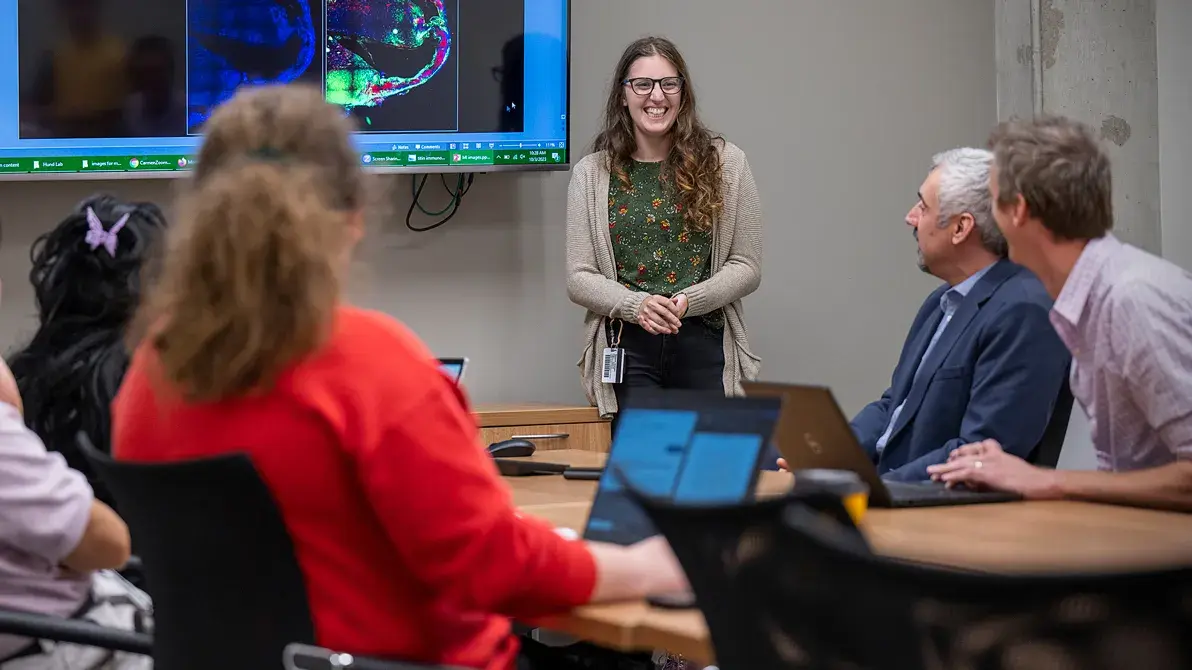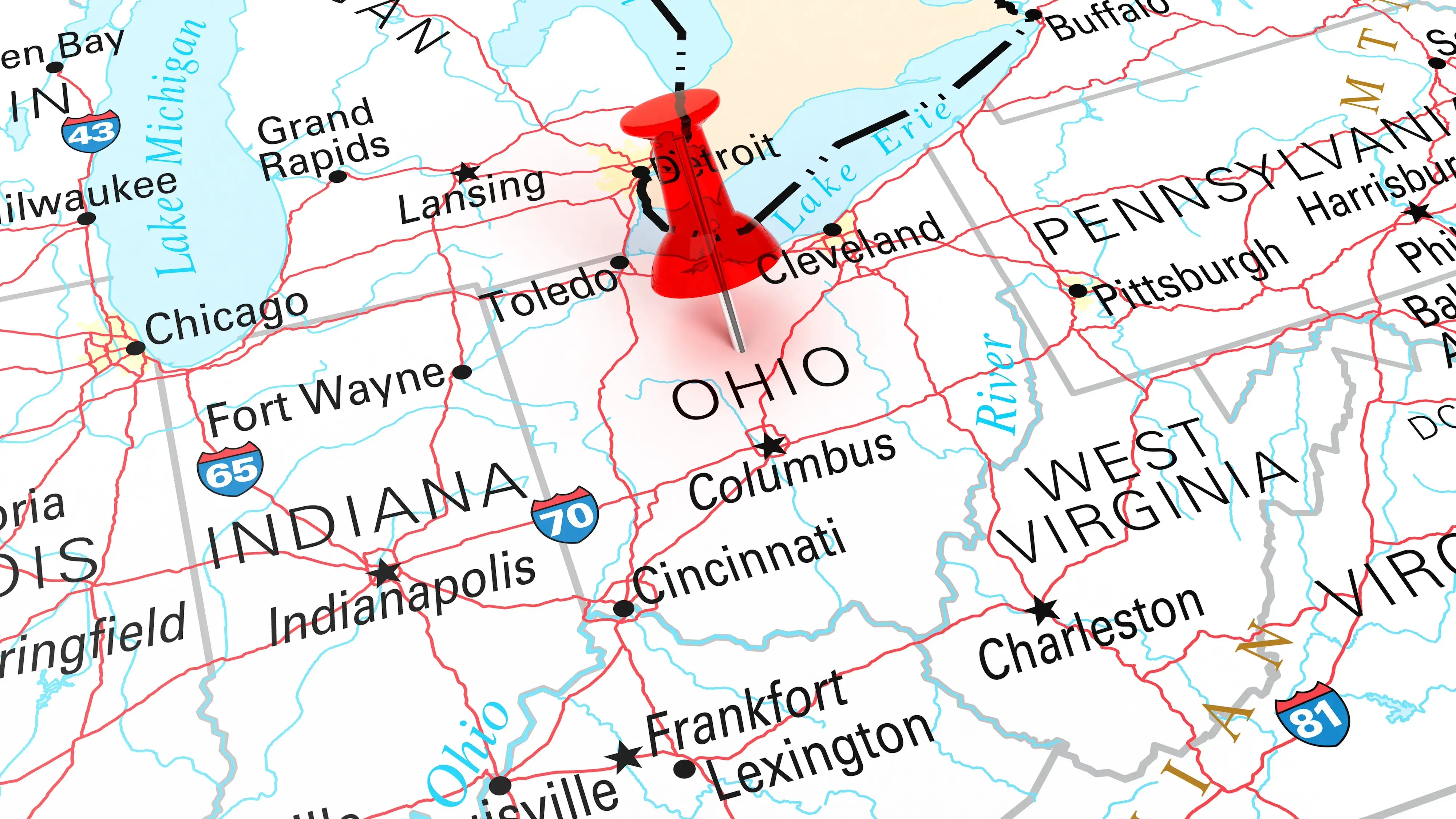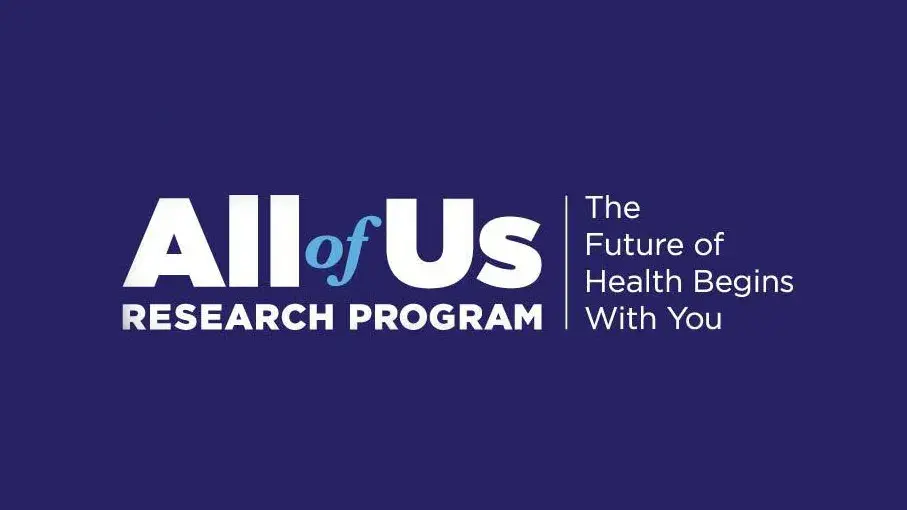Data Sources

Data Sources
In collaboration with data core resources and services throughout The Ohio State University, CTSI provides investigators, trainees and research staff at the Ohio State and Nationwide Children’s Hospital opportunities to access various data sources, many of which are showcased here.
Not sure where to start?

Administrative Databases
Administrative/Billing databases are large and complex databases which offer near limitless possibilities to study research questions. While they can have their shortcomings, the flexibility, size and scope make them ideal candidates for many study questions.

CMS Standard Analytic Files
The Centers for Medicare and Medicaid Services (CMS) Standard Analytic Files (SAFs) contain inpatient, outpatient, skilled nursing facility and Hospice data for millions of publicly insured individuals across the United States.

IBM MarketScan
IBM's MarketScan contains de-identified inpatient, outpatient, skilled nursing facility and drug billing data for millions of privately insured individuals across the United States.

Healthcare Cost and Utilization Project (HCUP)
Healthcare Cost and Utilization Project (HCUP) is a collection of healthcare databases that were developed through a Federal-State-Industry partnership and contain a large collection of longitudinal hospital care data
Electronic Health Record (EHR) Databases
EHR based databases extract data directly from electronic health records in medical institutions.
The Ohio State University Wexner Medical Center EHR
At Ohio State, the primary data source for EHR data is the Ohio State Wexner Medical Center EHR data housed in Epic databases. The clinical data for all patients of the Ohio State Wexner Medical Center from year 2011 onwards is extracted, transformed and loaded periodically to Epic Clarity and Caboodle Databases. This data, in addition to being operationally used, is available for research via Honest Brokers, with IRB and Honest Broker Committee approval. Researchers can submit an Honest Broker request using Data Request Form.
For any questions regarding this process, please contact Honest Broker Operations Committee (hboc_admin@osumc.edu)
Other EHR-Based Databases
The below resources can offer data to answer similar research questions with varying levels of accessibility, scope and flexibility.

Epic Cosmos
Limited data set of data provided by participating organizations (including Ohio State Wexner Medical Center) to EPIC that is continuously updated including electronic health records of hundreds of millions of patients.

LifeScale
LifeScale is an Ohio State-specific, honest-broker mediated, coded-limited database developed through a partnership of The Ohio State University College of Medicine, the Clinical and Translational Science Institute, The Ohio State University Wexner Medical Center and Nationwide Children’s Hospital. LifeScale core data is based on the electronic medical record data from these institutions.

PCORnet CDM
The Ohio State University is part of Patient-Centered Outcomes Research Institute (PCORI) funded National Patient-Centered Clinical Research Network (PCORnet) with ~75 academic medical centers and health systems that are grouped into eight Clinical Research Networks (CRNs) spread all over the United States.
Cancer Databases

National Cancer Database (NCDB)
The National Cancer Database is a clinical oncology database sourced from hospital registries in over 1500 accredited cancer facilities. As such it is a good resource for researchers looking to study a particular cancer population.

Surveillance, Epidemiology and End Results (SEER)
Developed by the National Cancer Institute (NCI) this program captures incidence of cancer and survival in the U.S., collects data from cancer registries representing about 48% of the population and contains demographic, clinical and treatment characteristics and survival outcomes.

Oncology Research Information Exchange Network (ORIEN)
ORIEN is a unique alliance to integrate “big data” and data sharing for cancer research and care. ORIEN was founded by The Ohio State University Comprehensive Cancer Center and Moffitt Cancer Center in May 2014 and now includes 19 member institutions.
Cancer Registries
The registries below facilitate research in various cancer study areas.
Hairy Cell Leukemia Patient Data Registry (HCL-PDR)
Hairy Cell Leukemia Patient Data Registry enables researchers to study hairy cell leukemia in ways not previously possible given the rarity of the disease. Through the registry, multiple institutions around the world collect clinical data from HCL patient medical records. The HCL-PDR helps researchers identify new trends in patient outcomes, discover previously unknown complications of the disease and design clinical trials for new therapies until a cure is discovered.
The Ohio State PCORnet CDM Tumor Table
The Ohio State PCORnet Tumor Table is directly populated from the data collected in the Ohio State Medical Comprehensive Cancer Center and formatted according to the standards developed by the North American Association of Certified Cancer Registrars (NAACCR). Each record in the table represents a single tumor. This limited subset of the Ohio State Comprehensive Cancer Center tumor registry is integrated into and can be requested from The Ohio State University PCORnet CDM.
Other Nationwide Data Sources

Ohio State Federal Statistics Research Data
The Federal Statistics Research Data Center (FSRDC) is a collaboration with the U.S. Census Bureau to provide access to restricted individual and firm-level data from federal statistical agencies. The FSRDC provides access to many restricted-access datasets.

All of Us
The NIH’s All of Us Research Program is one of the largest biomedical data resources with health data from a large group of participants from across the United States.

National (Nationwide) Inpatient Sample (NIS)
As a member of the HCUP family of databases, National (Nationwide) Inpatient Sample (NIS) is the largest publicly available all-payer inpatient healthcare database in the United States providing national estimates of hospital inpatient stays.

Nationwide Readmissions Database (NRD)
As a member of the HCUP family of databases, Nationwide Readmission Database (NRD) is a powerful database designed to support different types of analyses involving national readmission rates for all payers and the uninsured.

Nationwide Emergency Department Sample Database (NEDS)
Nationwide Emergency Department Sample (NEDS) is a powerful database designed to support different types of analyses involving all-payer hospital-owned emergency department visits. NEDS is a part of the family of databases developed for HCUP.

Kids’ Inpatient Database (KID)
Kids’ Inpatient Database (KID) is a database designed to support different types of analyses involving national hospital stays for patients younger than 21. This database contains pediatric discharges of all payers (covered by Medicaid or private insurance) as well as those who are uninsured. KID is a part of the family of databases developed for HCUP.

Nationwide Ambulatory Surgery Sample (NASS)
Nationwide Ambulatory Surgery Sample, one of the databases developed as part of HCUP, contains clinical and resource-use information from hospitals about major ambulatory surgery encounters.
Need Data Support? Ask the Data Navigator.
The Ohio State University offers numerous data sources for researchers, but effectively navigating these resources can be daunting. To assist faculty and staff in this process our Data Navigator acts as the first point of contact. The Data Navigator provides a high-level explanation of regulatory and institutional processes regarding these databases, identifies potential collaborators and addresses initial data-related questions. The navigator helps clarify requests, coordinates efforts and links investigators with domain experts for different data sources.